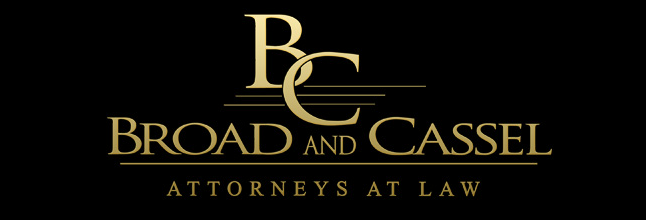Marco Rubio and the Question of Ethics
If Marco Rubio wants to be President, he’s going to have to figure out how to answer questions about his ethical views.
Marco Rubio, the latest candidate on the Republican slate for 2016, rode to election in the Senate on the Tea Party wave of 2010. Rubio, the junior Senator from Florida, has been hailed as the great right hope ever since he ascended to national office. Fresh faced and well spoken, Rubio’s story of the young son of Cuban immigrants making it on the national stage echoes that of President Obama.
Marco Rubio earned his JD in 1996 from the University of Miami School of Law. By his own accounting, Rubio left the school heavily burdened by debt, but this is not a unique occurrence for a student in the United States. After four years working as a lawyer in Miami-Dade County, Rubio was elected to the Florida House of Representatives in 2000. He ascended quickly to Speaker in 2006, at age 35.
Rubio saw his private sector salary increase with his public sector influence. The Florida law firm Broad and Cassel, which specializes in land management and has done extensive legal work on a number of projects for the Florida House, hired Rubio in 2004. The firm paid him approximately 1.2 million dollars over four years.
The salary Broad and Cassel paid Rubio raises concerns based on what we know about his personal finances. If Rubio was hundreds of thousands of dollars in debt from law school prior to working for the firm, then it is reasonable to assume that a position at Broad and Cassel, paying 300,000 dollars a year, would be a godsend. Rubio’s debt fell from over 160,000 dollars to 100,000 dollars by the time he left the House. Broad and Cassel’s pay helped Rubio to get out of some of the crushing debt he faced from his law degree.
The interval between leaving the House and being elected to US Senate was financially productive for Rubio. A lucrative teaching job and an analyst position at Univision were two of the lucky opportunities that Rubio landed after leaving his position as Speaker in 2008. In addition, a lobbying group known as Florida Strategic Consultants retained Rubio’s services expressly to use the contacts he had made during his time as Speaker.
Marco Rubio, who only 12 years prior was a struggling lawyer fresh out of law school, was in 2008 the retired Speaker of the Florida House and a man well positioned financially and politically for the future. Serving in the House had been a beneficial career move.
Marco Rubio was a young man deeply in debt when he was elected to the Florida House. As he rose in the ranks and gained political power, Rubio saw a concurrent rise in his personal fortune. As Senator, Rubio is now debt free and a wealthy man. That this rise in fortune has been tied to a rise in power has surely not escaped him. Ascending to the highest political office in the country is no doubt tied in his mind to a similar rise in net worth. Not only is this a textbook example of an opening for corruption, it also doesn’t hold much hope for Rubio understanding the ethics of public service anymore realistically than he does now.
For a candidate for President of the United States to have a background as ethically problematic is nothing out of the ordinary. Many men have been elected with resumes as bad- or worse. But that doesn’t mean that the American people should give control of the highest office in the country to Marco Rubio.





